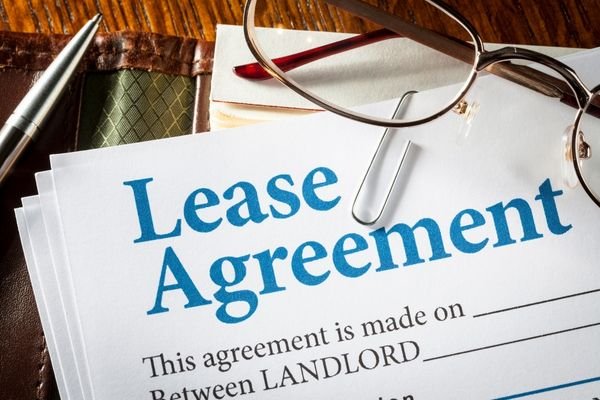I want to rent out my commercial property on an easy-in easy-out basis. Do I really need a formal lease document?
Written by Austin Blackburn | Corporate | Commercial Property | 30th August 2019
Many landlords faced with empty buildings or units, especially retail shops, are concerned about meeting rates liabilities while they decide what to do with their property.
Wholesale redevelopment may be one option (and prime quality units are still in demand in many parts of the country), for assistance with this please contact Nick Winslet. Seeking a change of permitted use from the local planning authority may also open up other options. While this is being considered, and plans drawn up, the liability to pay business rates may be accruing.
The temptation is often to let a temporary tenant in to the property on soft terms (such as a concessionary rent, limited repairing obligations and maybe a flexible break option) provided that the tenant bears all of the costs of occupation including business rates.
To save costs and to move things on quickly, a verbal agreement may be reached or a simple heads of terms written up and the keys handed over to the tenant.
If the tenant has exclusive occupation of the unit (i.e. it is not shared with the landlord or others), as is usually the case, and is paying some sort of rent then this will most likely create a legal tenancy regardless of the lack of a formal written tenancy agreement.
So far so good.
BUT, when you come to seek to take back possession of the property in a few months’ time when your plans have been settled you could have a major problem. The tenant may have protected rights under the Landlord and Tenant Act 1954 if:
the tenancy was granted for an indefinite period rather than for a fixed term not exceeding 6 months; or
if the current tenant took over a business which when added with the new tenant’s time has been carried on at the premises for more than 12 months; or
if regardless of an original intention for a short fixed term you have allowed the tenant to remain in occupation for more than 6 months.
You may still be able to regain possession but this will require a number of formalities to be observed and could take many more months (at least 6 months), require you to pay compensation to the tenant, and face challenge from the tenant who might apply to court for a new lease to be granted on the same soft terms.
It is possible to avoid this by seeking appropriate legal advice before you let anyone into your business premises and taking appropriate steps to avoid the Act applying in the first place.
Speak to a Commercial Solicitor
If you would like more assistance on this topic please contact Austin Blackburn on 01752 827125 or email him at ablackburn@nash.co.uk











